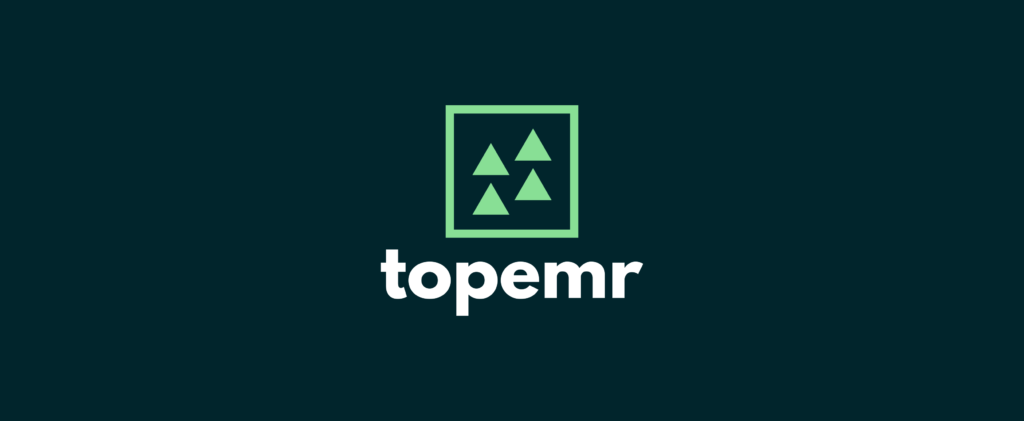Introduction: The Scale Dilemma in Dubai
Dubai has emerged as a healthcare hub in the GCC, but dialysis remains one of the most resource-intensive and operationally delicate specialties. Clinics looking to grow beyond their first unit often underestimate the complexity of replicating success.
The truth? Scaling isn’t just about adding more chairs or opening a second site—it’s about replicating discipline in compliance, workflows, inventory, billing, and patient care without multiplying chaos. Data shows that more than 70% of dialysis operators globally face operational delays, compliance challenges, or financial strain when attempting multi-site expansion.
For Dubai’s Ministry of Health (MOH)–regulated ecosystem, this risk is even sharper. Clinics that fail to meet NABIDH standards, sustain compliance documentation, or maintain resource utilization can face penalties, audit exposure, or worse—compromised patient outcomes.
This article explores the six hidden pitfalls preventing dialysis clinics from scaling and lays out how operators in Dubai can use a unified platform like Clinicea to move from one to five units without losing compliance, control, or patient trust.
1. Fragmented Workflows and Data Silos
The Challenge in Dubai:
Many dialysis clinics in the region start small—using Excel sheets for scheduling, standalone billing software, and paper-based flowsheets. When scaling to multiple units, these fragmented systems create duplication, manual entry errors, and data inconsistencies.
The Impact:
- Patient data gets siloed, making continuity of care difficult across sites.
- Compliance reports take days to compile for MOH audits.
- Billing and claims reconciliation slows down cash flow.
Clinicea’s Role:
Clinicea provides a unified EMR, scheduling, billing, and stock ledger, eliminating duplication and sync issues. Clinics maintain one patient, one record across sites, ensuring continuity of care and audit-ready documentation.
2. Manual Protocol Management
The Challenge in Dubai:
Dialysis protocols are highly specific—covering vascular access checks, heparin dosing, vitals monitoring, and eGFR calculation. Without digital enforcement, protocols drift as clinics expand. Staff at Unit A might follow slightly different steps than Unit B, creating inconsistent outcomes.
The Impact:
- Higher complication rates due to inconsistent workflows.
- Increased risk of regulatory penalties for incomplete documentation.
- Rising variability in patient care experiences.
Clinicea’s Role:
Clinicea standardizes dialysis workflows with pre-built flowsheets, order templates, and auto-calculated CKD staging. Updates can be rolled out centrally across all units, ensuring protocol adherence every day, every shift.
3. Inefficient Scheduling at Scale
The Challenge in Dubai:
With limited dialysis chairs and high patient demand, scheduling inefficiencies quickly erode capacity. Many clinics still rely on Excel or manual registers, leaving chairs empty due to no-shows or double bookings.
The Impact:
- Lost revenue from under-utilized capacity.
- Longer patient wait times, affecting satisfaction and trust.
- Staff stress from constant rescheduling.
Clinicea’s Role:
Clinicea brings machine-linked scheduling, real-time dashboards, SMS reminders, and automated rebooking flows. One Dubai clinic using Clinicea reported a 32% increase in chair utilization in just 30 days, with no new staff or equipment—just better scheduling discipline.
4. Consumables and Inventory Chaos
The Challenge in Dubai:
Dialysis units consume vast amounts of supplies: dialyzers, heparin, tubing, syringes, and saline. Across multiple clinics, tracking inventory manually leads to phantom shortages, expired stock, or missed billing.
The Impact:
- Treatment delays due to stockouts.
- Revenue leakage from unbilled consumables.
- Failed MOH audits from missing batch and expiry records.
Clinicea’s Role:
Clinicea integrates barcode-enabled tracking, batch and expiry monitoring, chairside auto-deduction, and inter-clinic transfers. Leaders see stock levels across all sites in real time, ensuring treatments are never delayed and every item is billed correctly.
5. Billing Errors and Claim Denials
The Challenge in Dubai:
Scaling multiplies billing complexity—different insurance packages, consumable charges, and ICD/HCPCS coding requirements. Without standardization, errors slip through, leading to claim denials or payment delays.
The Impact:
- Cash flow strain from delayed reimbursements.
- Staff time wasted on resubmissions.
- Audit exposure for incorrect claims.
Clinicea’s Role:
Clinicea enforces uniform billing codes, templates for packages and consumables, and built-in audit tools to check claims before submission. Clinics report zero consumable billing errors and faster reimbursements when using Clinicea.
6. Lack of Unified Analytics
The Challenge in Dubai:
Without centralized oversight, clinic leaders cannot see how each unit is performing. Unit A might have 90% utilization while Unit B struggles at 65%. By the time leadership catches issues, revenue and patient satisfaction have already dropped.
The Impact:
- Inefficient staffing and uneven resource allocation.
- Missed opportunities to improve throughput.
- Scaling decisions made on gut feel, not data.
Clinicea’s Role:
Clinicea centralizes key metrics—chair utilization, no-show rates, AR aging, inventory variance, and protocol compliance—into one dashboard. Leadership can review performance weekly and take proactive measures, turning scaling into a controlled, data-driven process.
Real-World Proof: Clinics Scaling Successfully
Across Dubai and globally, multi-unit operators are already proving this model works.
- The Hans Foundation uses Clinicea’s centralized dashboards to expand across regions without losing compliance discipline.
- Kidney Solutions leverages barcode-enabled inventory control to prevent stockouts across multiple units.
- African Healthcare Network applies Clinicea’s protocol standardization to scale safely while improving care outcomes.
These operators didn’t just add new clinics—they added systems that scale with them.
Why This Matters for Dubai
The Dubai Health Authority (DHA) and MOH mandate strict compliance in dialysis operations—from water quality logs to patient consent forms. In this high-regulation environment, clinics can’t afford the chaos of fragmented systems.
By embedding compliance, inventory control, scheduling, and analytics into daily workflows, Dubai clinics can:
- Expand from 1 to 5 units without audit fear.
- Improve profitability by reducing no-shows and billing errors.
- Deliver consistent, high-quality patient experiences at scale.
Conclusion: Scaling Without Multiplying Headaches
Scaling a dialysis clinic in Dubai isn’t about buying more chairs or opening more doors—it’s about building replicable systems. Without tackling the six hidden barriers—fragmented workflows, manual protocols, inefficient scheduling, inventory chaos, billing errors, and weak analytics—growth becomes unsustainable.
Clinicea provides the unified platform clinics need to scale confidently:
- One EMR across sites
- Standardized protocols
- Smart scheduling with automation
- Barcode-enabled inventory
- Audit-ready billing
- Centralized dashboards
For Dubai’s dialysis leaders, the path forward is clear: scale responsibly, not recklessly. The clinics that succeed will be the ones who duplicate systems—not headaches.
Attached LinkedIn Article:
Why Your Dialysis Clinic Isn’t Ready to Scale (Yet) – https://lnkd.in/g5du3txn


Leave a Reply